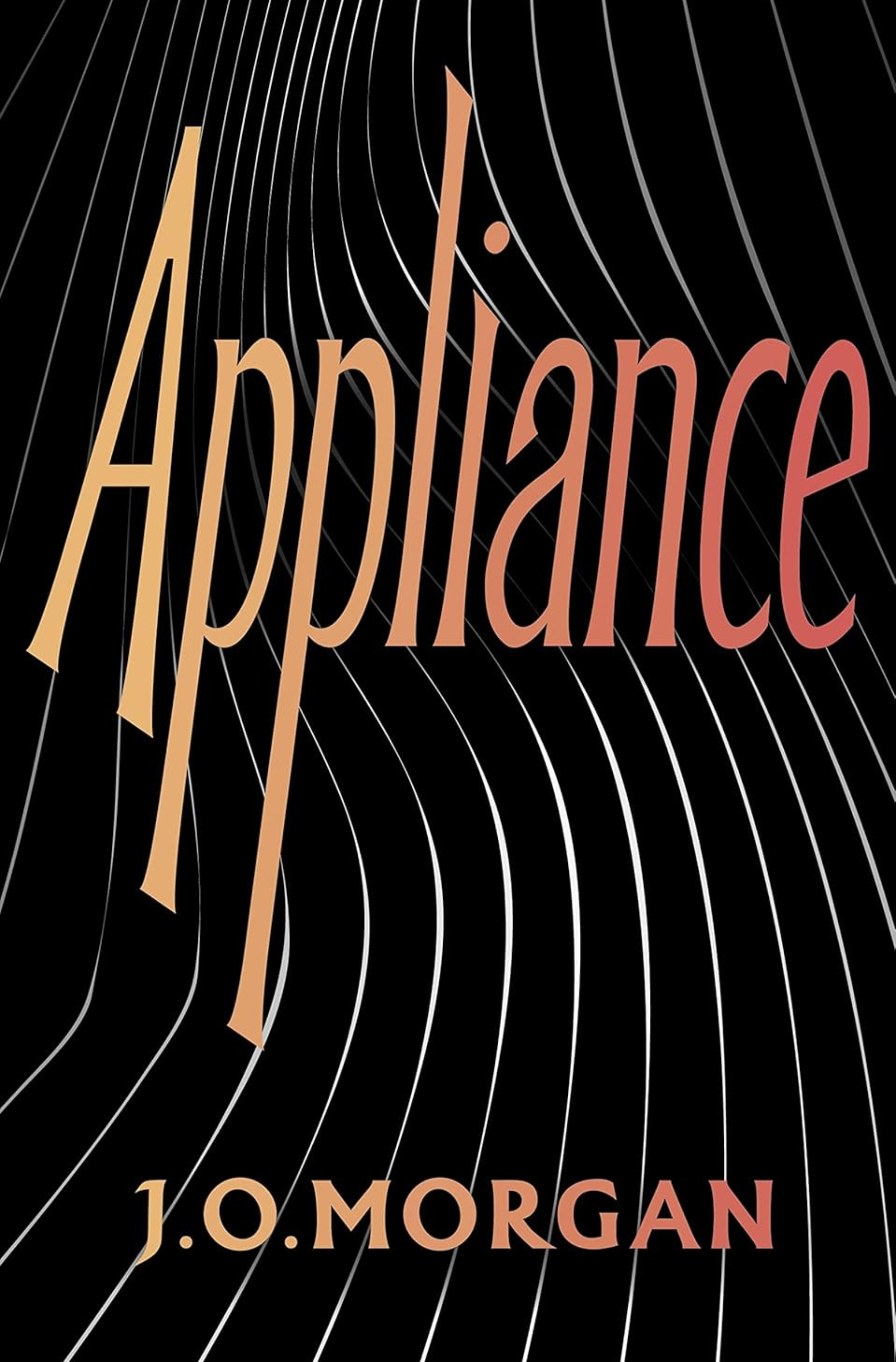Appliance by J.O. Morgan is a compelling exploration of technology’s impact on society, examining how innovation often carries unintended consequences. Through a series of interconnected narratives, the novel explores the ethical, social, and political dilemmas that arise when transformative inventions outpace regulation and human understanding.
At its core, the book follows the life cycle of a groundbreaking new technology, from its early development to widespread adoption. Initially designed to enhance everyday life, the invention quickly reveals complexities that challenge the expectations of its creators and users alike.
Morgan highlights the tension between progress and control, raising critical questions about who ultimately wields power in a world shaped by rapid technological change.
Through rich storytelling and thought-provoking scenarios, Appliance illustrates the struggles between inventors, regulators, and society at large. The novel represents the challenges of balancing innovation with responsibility, making it particularly relevant for business leaders navigating digital transformation and disruptive change.
Morgan’s narrative forces readers to confront the ethical trade-offs that come with technological advancement. Appliance offers a nuanced perspective on the promises and perils of progress.
By shedding light on the unintended consequences of innovation, the book serves as a cautionary yet insightful read for professionals seeking to understand the broader implications of emerging technologies in business and beyond.








